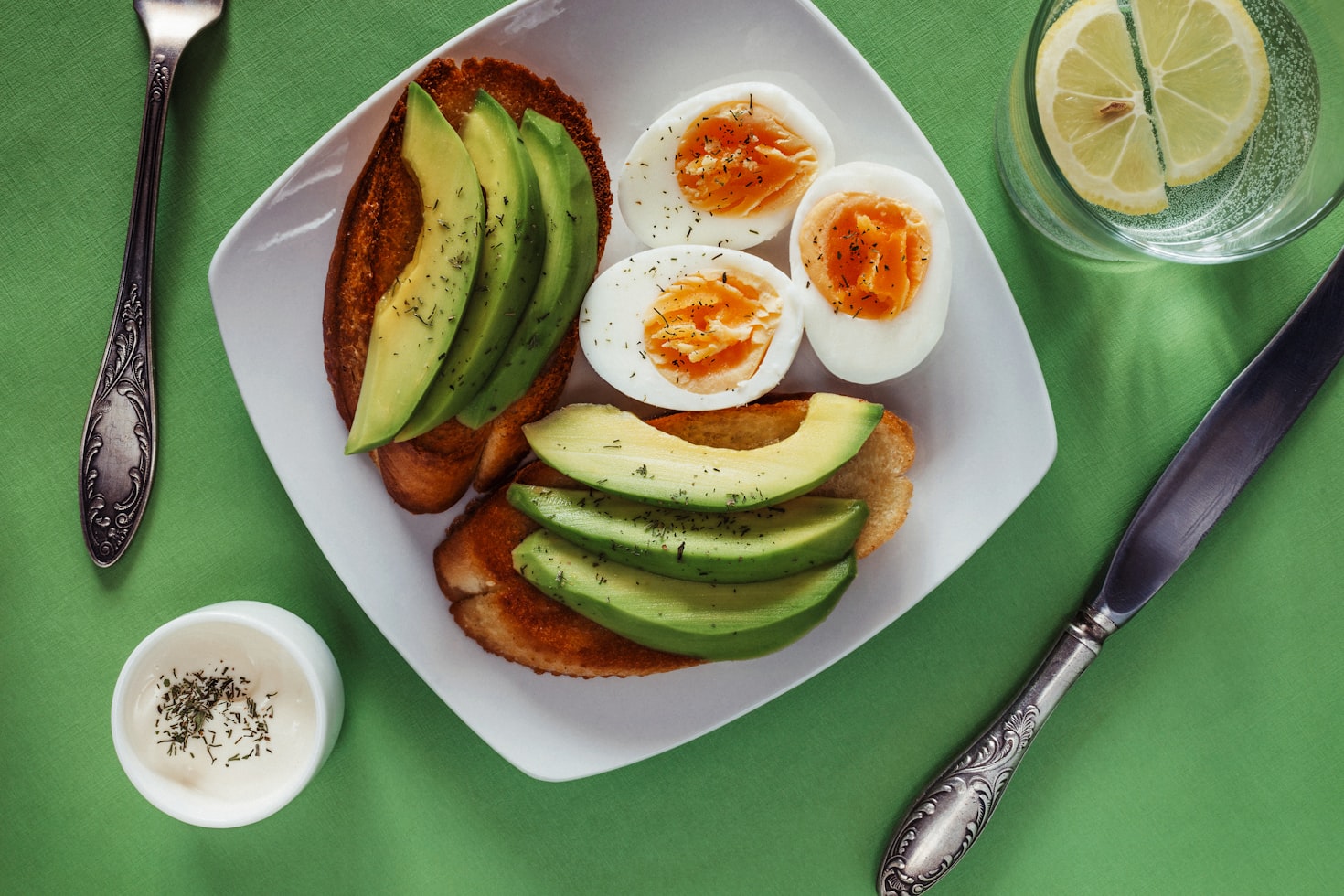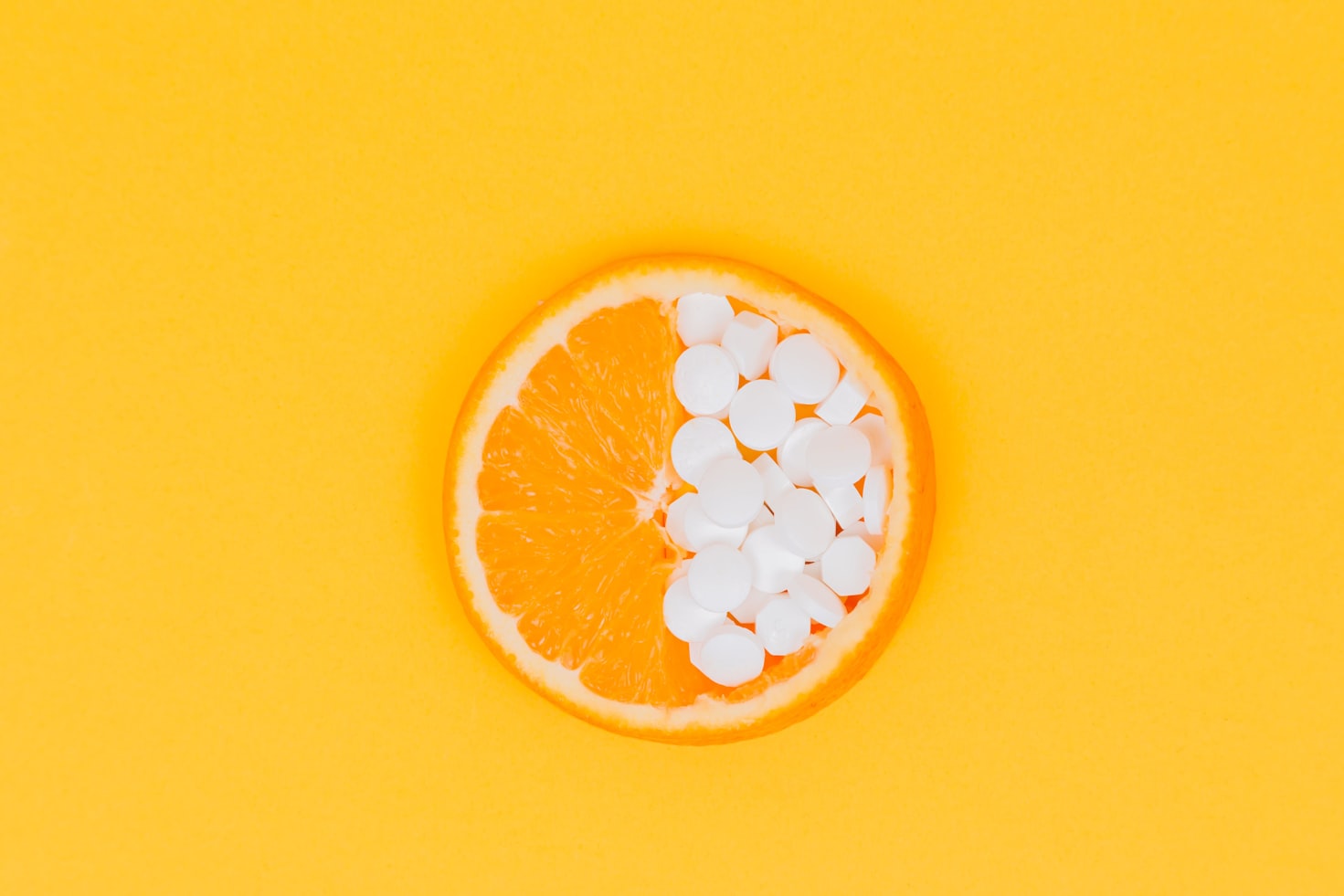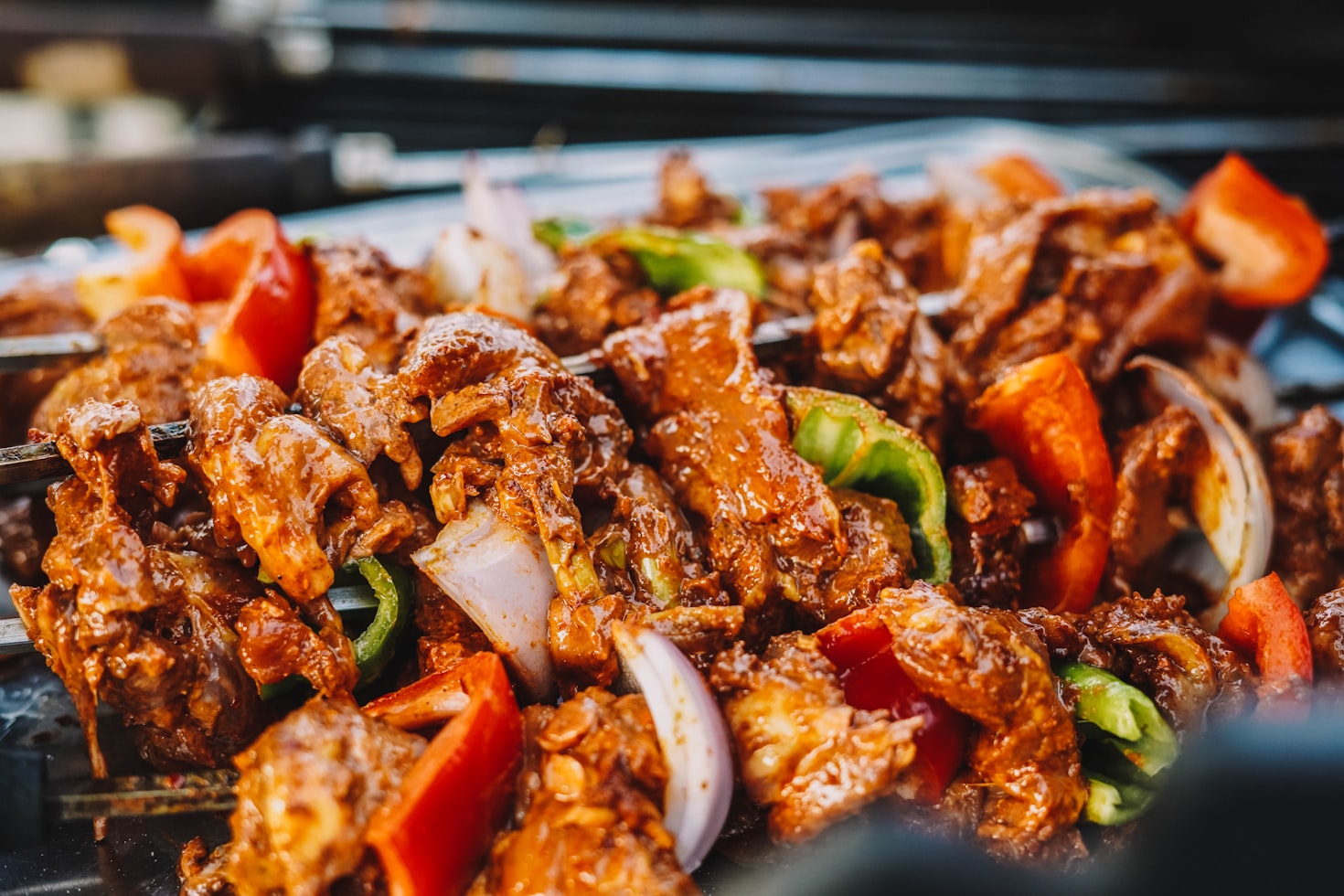What If I Don’t Eat Enough Fat on Keto
The ketogenic diet, or keto diet, has gained significant popularity in recent years due to its potential benefits for weight loss and overall health. This low-carb, high-fat diet aims to put your body into a state of ketosis, where it burns fat for fuel instead of carbohydrates. While the emphasis on consuming high amounts of fat is a key aspect of the keto diet, what happens if you don’t eat enough fat on this eating plan? In this article, we will explore the potential consequences and provide valuable insights into maintaining a healthy balance of fats on the keto diet.
The Importance of Fat on the Keto Diet
On the keto diet, fat plays a crucial role in providing energy and supporting various bodily functions. When you consume a low amount of carbohydrates, your body enters a state of ketosis, where it starts breaking down fat into ketones for energy. This process is highly dependent on consuming an adequate amount of fat to sustain ketosis.
Here are some key reasons why fat is important on the keto diet:
- Energy Source: Fat is the primary source of energy on the keto diet. It provides a steady supply of fuel for your body and brain.
- Nutrient Absorption: Many essential vitamins and minerals are fat-soluble, meaning they require fat for proper absorption. Without enough fat, you may not be able to absorb these nutrients effectively.
- Hormone Regulation: Fat is necessary for the production and regulation of hormones in your body. Hormones play a vital role in various bodily functions, including metabolism and appetite control.
- Satiety: Consuming enough fat helps keep you feeling full and satisfied, reducing the likelihood of overeating or snacking on unhealthy foods.
The Consequences of Not Eating Enough Fat on Keto
While the keto diet emphasizes consuming high amounts of fat, not eating enough fat can have several consequences:
1. Difficulty Achieving and Maintaining Ketosis
Without an adequate intake of fat, it can be challenging to achieve and maintain a state of ketosis. Insufficient fat intake may lead to your body relying on protein or carbohydrates for energy, which can hinder the fat-burning process.
2. Lack of Energy
Fat is a concentrated source of energy, providing more than twice the calories per gram compared to carbohydrates or protein. If you don’t consume enough fat on the keto diet, you may experience low energy levels, fatigue, and difficulty performing physical activities.
3. Nutrient Deficiencies
As mentioned earlier, fat is essential for the absorption of fat-soluble vitamins and minerals. Inadequate fat intake can lead to deficiencies in vitamins A, D, E, and K, as well as certain minerals like calcium and magnesium.
4. Increased Hunger and Cravings
Fat is highly satiating and helps keep you feeling full for longer periods. If you don’t eat enough fat on the keto diet, you may experience increased hunger and cravings, making it more challenging to stick to the diet and achieve your weight loss goals.
5. Muscle Loss
Insufficient fat intake on the keto diet can lead to muscle loss. When your body doesn’t have enough fat for energy, it may break down muscle tissue instead. This can negatively impact your body composition and overall strength.
6. Negative Impact on Hormones
Fat is crucial for hormone production and regulation. Not consuming enough fat on the keto diet can disrupt hormonal balance, potentially leading to issues such as irregular menstrual cycles in women or decreased testosterone levels in men.
FAQs
1. Can I still lose weight on the keto diet if I don’t eat enough fat?
While it is possible to lose weight on the keto diet with a lower fat intake, it may be more challenging to achieve and maintain ketosis. Additionally, not consuming enough fat can lead to nutrient deficiencies and increased hunger, making it harder to stick to the diet long-term.
2. How much fat should I consume on the keto diet?
The exact amount of fat you should consume on the keto diet depends on various factors, including your individual calorie needs and goals. However, a general guideline is to aim for 70-75% of your daily calories from fat.
3. What are some healthy sources of fat on the keto diet?
There are many healthy sources of fat to include in your keto diet, such as avocados, nuts and seeds, olive oil, coconut oil, and fatty fish like salmon. These foods provide essential nutrients along with the necessary fat content.
4. Can I consume too much fat on the keto diet?
While the keto diet is high in fat, it is still important to maintain a balance and not overconsume calories. Consuming excessive amounts of fat can lead to weight gain and other health issues. It’s essential to focus on healthy fats and practice portion control.
5. Can I supplement with fat on the keto diet?
Supplementing with fat on the keto diet can be an option to increase your fat intake. However, it’s important to prioritize whole food sources of fat and use supplements as a complement rather than a replacement for a well-rounded diet.
6. Are there any risks associated with consuming too much fat on the keto diet?
While the keto diet encourages high fat intake, consuming excessive amounts of unhealthy fats, such as trans fats or processed oils, can increase the risk of heart disease and other health problems. It’s important to choose healthy sources of fat and maintain a balanced diet.
Summary
Ensuring an adequate intake of fat is crucial for success on the keto diet. Not consuming enough fat can hinder your ability to achieve and maintain ketosis, lead to nutrient deficiencies, increase hunger and cravings, and negatively impact your overall health. It’s important to prioritize healthy sources of fat and maintain a balanced diet to reap the full benefits of the keto diet.






